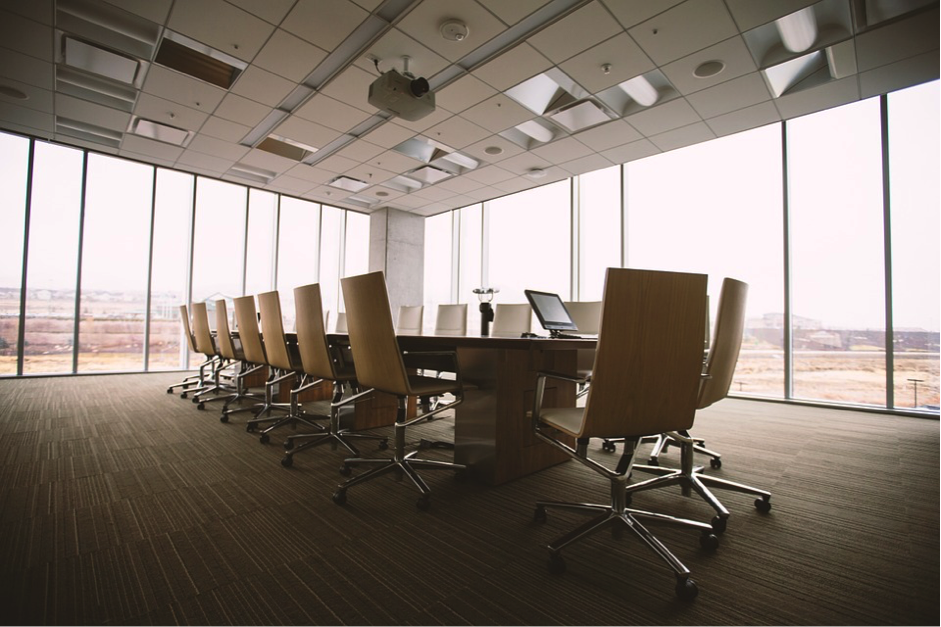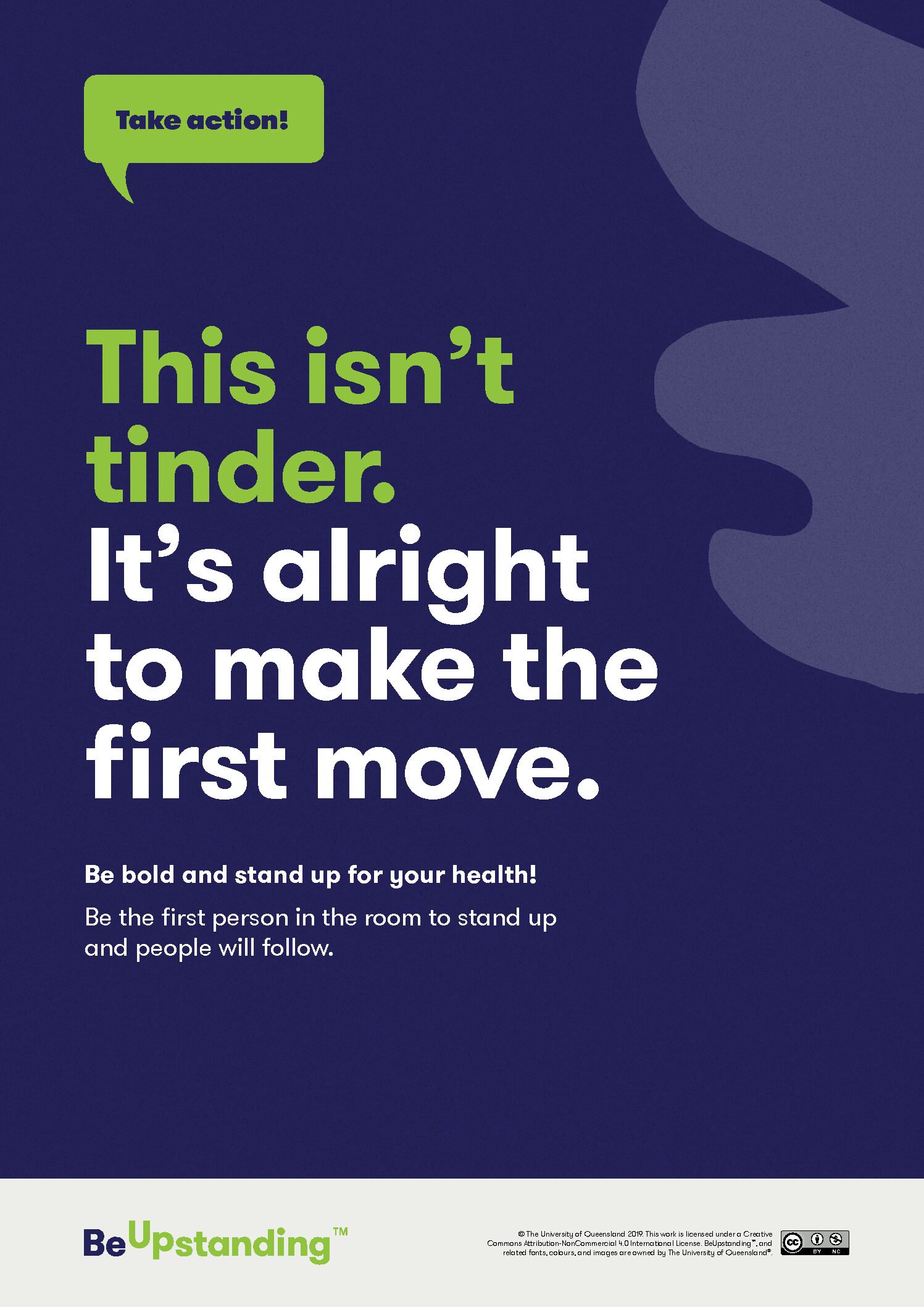Making the first move to engage in standing behaviours and to promote a standing work environment can be intimidating as your team is challenging social norms ingrained over a lifetime of seated environments. That is why week 3 of our BeUpstanding program focuses on raising awareness and challenging these social norms.
While biologically speaking the human body was made to be up-and-moving, for centuries, people have spent long hours of their days working while seated – from weavers, to fletchers, to the clergy.

Even though work and work spaces have evolved since then due to cultural, technological and social factors, some normative behaviours, such as prolonged work sitting, have prevailed.
Social norms are the rules that dictate how a person should act in a given group. They develop over time and become hardened to the point of being subconscious. That’s why engaging in prolonged sitting at work has always felt natural for most people. But social norms are not set in stone. They can – and should – change as we become more conscious about the issues they entail.
Breaking social norms can be hard and making the first move to do so can be frightening. It can be difficult to be the only one standing up in a meeting, where everyone expects you to be seated. You may feel that everyone is watching you if you take the longer route to the coffee shop, or take the stairs instead of waiting for the lift.

That’s because when we think of norms, we simply think of being normal and and it is tricky to be different from the group. In fact, humans, as social beings, tend to conform to society. That is, acting like most people in a specific group in order to either gain social acceptance, or to obtain a guide for correct behaviour. Even though some norms provide order in society, others can endorse negative outcomes in our daily life, and it’s up to us to reflect about the rules we follow and how they affect us.
So, to help us escape from the constraints of conformity and take the stand, we need to focus on the importance of such behaviour. Think about all the risks and health consequences we avoid when engaging in standing-up behaviours. The more we value these small actions, the more we’ll fight the necessity to conform to sedentary work environments. And that will not only promote your personal health and wellbeing, but will also encourage others to do the same. And then hopefully, those outdated norms will be dissolved, and new healthy ones will take over.
This blog post was written by Gisele Faria while she was on placement with the BeUpstanding team at the University of Queensland.










Comments are closed.